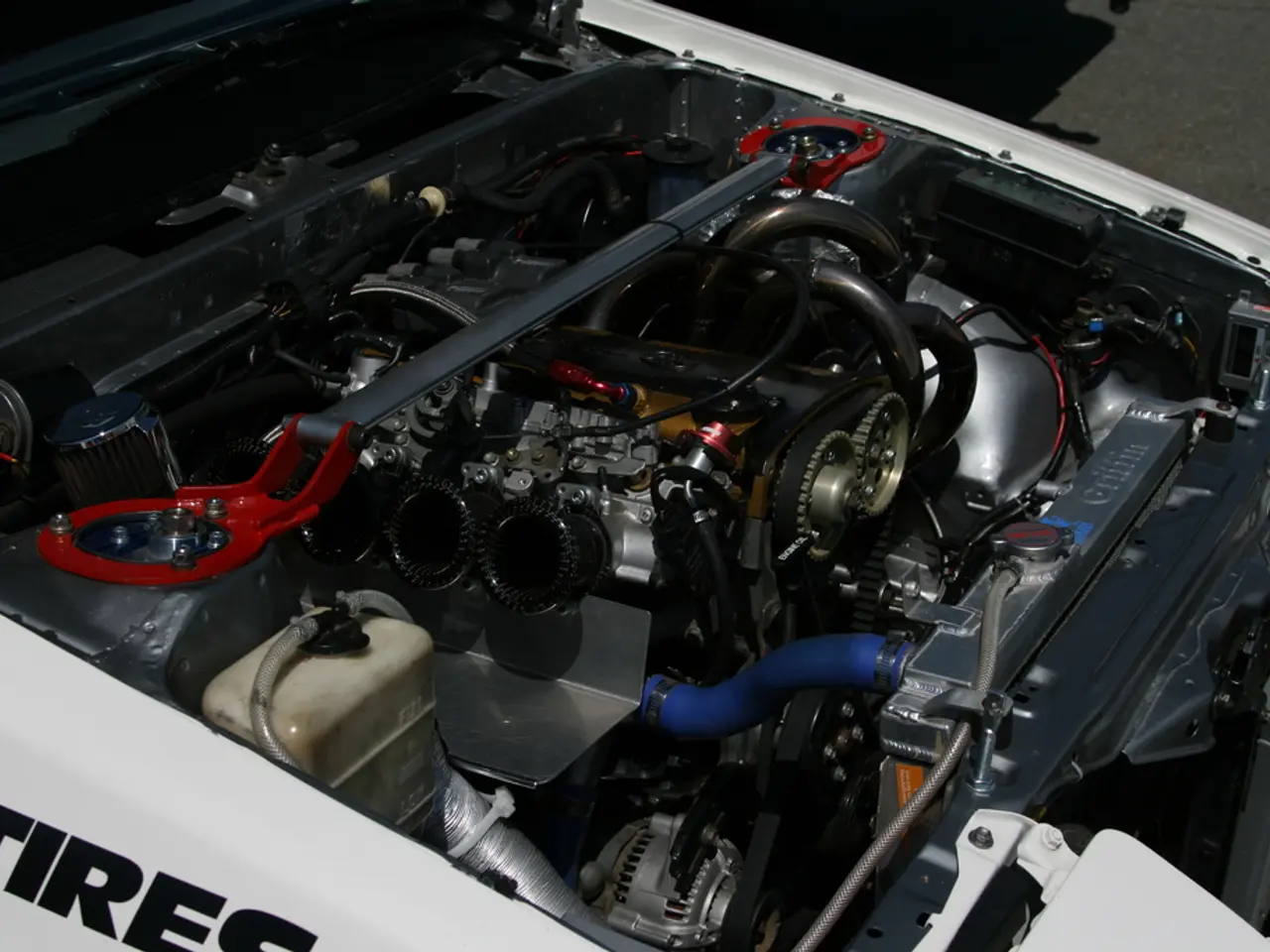Predictions and Continuing Trends in the Sector for 2022 and Beyond: Concerning Matters
The global economy, battered by the unprecedented impact of the Covid-19 pandemic, is slowly but surely on the mend. Businesses, including Matter, a company focused on the electric ecosystem, are optimistic about recovering from the damage and foreseeing a brighter future.
Mohal Lalbhai, CEO and Founder of Matter, has expressed optimism about the future outlook of the EV ecosystem in India and announced upcoming launches from Matter. The company plans to launch products and solutions in the mobility and energy space in the first half of 2022, with an initial focus on the Indian market and potential expansion to Southeast Asian markets.
Matter Energy, a division of Matter, will focus on grid-level solutions such as 400 kilowatts to a megawatt level lithium-ion battery for solar and renewable management in large-scale projects on a B2B basis. The company aims to launch MatterEnergy products and solutions in the mobility and stationary segments by the end of next year, using the most advanced technology and chemistries available.
Matter's manufacturing plant, currently under construction in Ahmedabad, aims to reach an annual production capacity of 2GWh by 2023. The company's plans include the unveiling of an aspirational electric bike in mid-2022 for Indian consumers.
The ADAS market in India is still in its infancy, but is expected to witness substantial growth due to the need for safer driving conditions. Advanced Driver Assistance Systems (ADAS) technology is expected to pave the way for self-driving vehicles in India. Researchers at IIT Bombay have developed a Lithium-Sulphur battery with improved energy efficiency and cost-effectiveness, a potential game-changer for the EV industry.
The government's FAME II subsidy currently has a cap of 1.5 Lakh on the ex-factory price of the vehicle, and the CEO suggested increasing this cap by 10% to 1.65 Lakh. Financial structuring, such as reducing interest rates on EV loans, could help make electric vehicles more affordable for consumers. Non-fiscal benefits, such as reduced power tariffs for charging electric vehicles, special lane access, parking incentives, and road toll charge exemptions, could encourage the adoption of electric vehicles.
Hydrogen fuel cell technology is being assessed as a long-term prospect for sustainable mobility. The PLI scheme, expected to bring a wave of new companies into the EV market, transforming the industry and enabling various energy services, has raised concerns from Matter's CEO. He expressed concerns about the PLI scheme being biased towards established players and suggested making it more inclusive for startups.
The second life of lithium-ion batteries is expected to create a new value pool in the coming years. In 2022, the EV industry is expected to be led by new developments in energy storage innovations and technologies. As the world moves towards a more sustainable future, companies like Matter are at the forefront, driving change and pushing the boundaries of what's possible in the electric vehicle and renewable energy sectors.
Read also:
- Understanding Hemorrhagic Gastroenteritis: Key Facts
- Trump's Policies: Tariffs, AI, Surveillance, and Possible Martial Law
- Expanded Community Health Involvement by CK Birla Hospitals, Jaipur, Maintained Through Consistent Outreach Programs Across Rajasthan
- Abdominal Fat Accumulation: Causes and Strategies for Reduction








